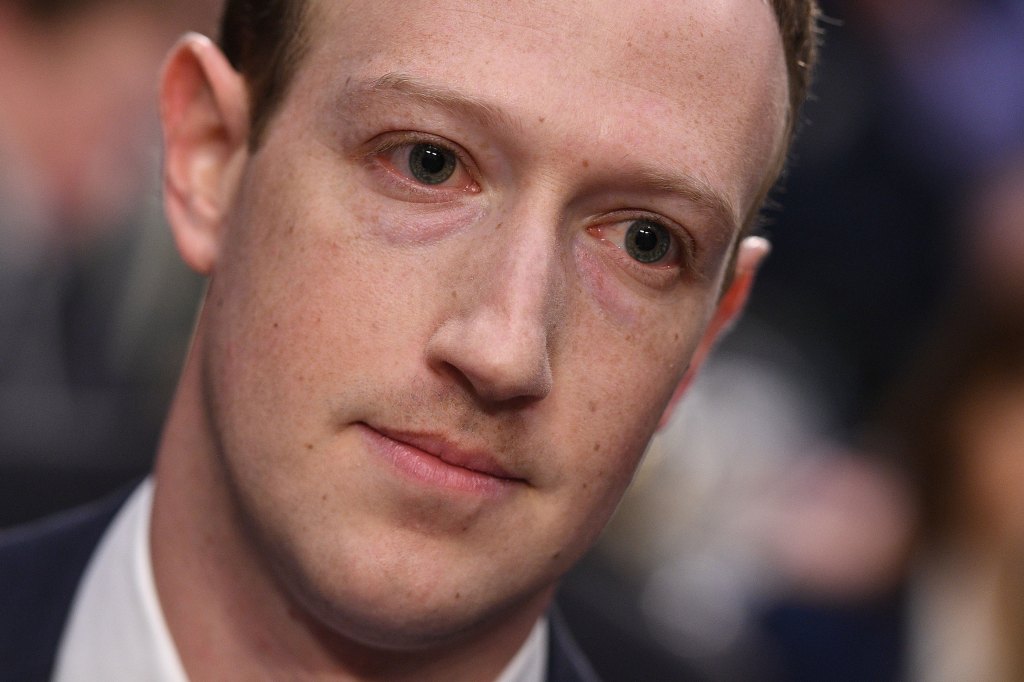Facebook, YouTube, and Twitter have failed their task of monitoring and moderating the content that appears on their sites; what’s more, they failed to do so well before they knew it was a problem. But their incidental cultivation of fringe views is an opportunity to recast their role as the services they should be rather than the platforms they have tried so hard to become.
The struggles of these juggernauts should be a spur to innovation elsewhere: While the major platforms reap the bitter harvest of years of ignoring the issue, startups can pick up where they left off. There’s no better time to pass someone up as when they’re standing still.
Asymmetrical warfare: Is there a way forward?
At the heart of the content moderation issue is a simple cost imbalance that rewards aggression by bad actors while punishing the platforms themselves.
To begin with, there is the problem of defining bad actors in the first place. This is a cost that must be borne from the outset by the platform: With the exception of certain situations where they can punt (definitions of hate speech or groups for instance), they are responsible for setting the rules on their own turf.
That’s a reasonable enough expectation. But carrying it out is far from trivial; you can’t just say “here’s the line; don’t cross it or you’re out.” It is becoming increasingly clear that these platforms have put themselves in an uncomfortable lose-lose situation.
If they have simple rules, they spend all their time adjudicating borderline cases, exceptions, and misplaced outrage. If they have more granular ones, there is no upper limit on the complexity and they spend all their time defining it to fractal levels of detail.
Both solutions require constant attention and an enormous, highly-organized and informed moderation corps, working in every language and region. No company has shown any real intention to take this on — Facebook famously contracts the responsibility out to shabby operations that cut corners and produce mediocre results (at huge human and monetary cost); YouTube simply waits for disasters to happen and then quibbles unconvincingly.
In the interest of minimizing the number of people they have to employ and train, platforms are attempting to automate it with blunt-force “AI,” but these systems make mistakes at scale and are ultimately reliant on human intervention both to define their activities and fix their problems.

In reality, the companies have each taken an awkward middle road, creating ostensibly simple rules (“no harassment”) but in the background finding that those rules amount to thousands of sub-rules and a constant stream of judgment calls that can’t be automated.
Neither approach is workable, let alone optimal, and splitting the difference doesn’t improve things, either. So stand the platforms: stuck in a pit they dug for themselves years ago.
Now let us assume a bad actor — despite the fact that they are notoriously difficult to define. Bad actors have a trivial barrier to entry on every major platform in that accounts are free and need not be real people. The cost of performing bad actions is likewise near-zero.
What that creates is a near-unlimited number of bad actors constantly flooding each platform with a near-unlimited amount of content — prohibited, borderline, and other. This is in addition to ordinary people acting non-antagonistically.
Meanwhile, the platforms don’t have the option dedicate less time to what they deem a bad actor’s deliberate actions than an ordinary person’s mistaken or foolish posts. To do so would be to presuppose the bad actor’s intentions; If the platforms could do that, those actors would not be on the platform to begin with! So the process of evaluation and moderation has to happen in full with great regularity.
The ultimate result here is that with constant aggression and very little cost, a limited set of antagonists can inflict extraordinary costs on the platforms. Facebook, Twitter, and YouTube have little or no recourse to this fundamental imbalance.
In other words, they can’t fix it — and my belief is that they do not intend to truly try. If they appear to be taking measures, as Facebook is constantly assuring us with its exasperating “we take this very seriously,” that’s good enough. They point to the Herculean task they’ve been given, essentially of cleaning the Augean Stables, and wave their hands, saying it’s new and difficult.
What that means is that the situation is not as fluid as it seems to be. The companies have in fact established a new status quo: A never-ending, asymmetric “war on content,” the result of their own failure to adequately plan for the future, a war that can never be resolved with the weapons they’ve freely given the opposing forces and the hostile terrain they themselves have shaped. All they can do is hold the line.
Such a static market, however, is vulnerable to new entrants and new ideas. And of course, we all know how Hercules ultimately cleaned the Augean Stables.
While it’s unlikely that anyone will find a roaring river to wash away the largest and most influential tech companies on the planet, it is possible to approach things from a new perspective.
Startups, take the wheel

Startups in the social space have an opportunity to create significant inroads in new niches while the offerings from the bigger players are poisoned by their inability to keep their houses in order.
Consider the idea of starting a new social network, using the term loosely, a few years ago versus today.
Not long ago the threat of Facebook cloning and thereby eliminating a competing app was a serious one. But the company’s track record on new products recently has been very bad, trust is continually dropping to new lows, and of course even the very idea of a single social network for all purposes has become almost quaint.
There are still the challenges of traction and building a viable product, of course, but it’s not a foregone conclusion that it will be crowded out by Facebook. Creating something “sticky” with the younger demographic has always been difficult, and I wouldn’t expect one out of fifty startups or apps targeting it to amount to anything. But products have a better opportunity to succeed and fail on their merits now than they have for years.
YouTube has made itself into a right nasty little social network seemingly composed entirely of clickbait and reactions to reactions among a shifting phalanx of young influencers who quickly burn out or fall by the wayside owing to some gaffe or another. It’s basically daytime TV, except if you leave it on long enough the channel changes to some white nationalist attempting to red pill normies.
The failure of YouTube to adequately moderate its content or community means that it is safe to build that community elsewhere and take advantage of YouTube the way it was originally intended: as a video hosting service. Chasing monetization on the platform and attempting to stay ahead of the algorithm is a game that can’t be won — so play a different one.
Patreon and even niche streaming services have proven that people are willing to pay, sometimes substantially, for their content. The model of preroll ads is stagnating and dying, and sponsorships are becoming commonplace enough that it is no longer only exceptional or ultra-popular social media figures who can score them. Increasingly it’s just a normal form of advertising.
Diversifying one’s income streams is a simple business idea as useful for a Youtuber as it is for a restaurant owner. Dinner or catering? Vlogger or designer? Why not both?

Anything that takes your business further from the sketchy methods built by platforms to fold visitors in on themselves has to be a good thing, since those systems and platforms have proven toxic and exploitative.
Not so the simple ability YouTube still provides for you to share high-quality video with the world. Why not use that and leave the rest behind?
Similarly for Facebook, which over the years seems to have gotten only more and more confused about what people are supposed to do on it. Yet at the same time, it has developed useful and convenient features like universal login, a nascent payments system, and robust messaging that you can use almost completely independent of its “core” product.
The last couple of years have been defined by attempts to game the systems these services provide as they constantly shift the grounds underneath the feet of their users and customers both. But it’s obvious now that there was never any master plan, which was why so many failed in attempting to predict it. Your adversary can’t predict your actions if even you don’t know what you’ll do next!
Why not start where they left off, but without the cruft of a decade of mixed success? If YouTube’s curation tools are broken and weird, can’t you build an alternative that eschews their distorted marketplace and truly focuses on content and preference?
If Twitter is being unironically embraced as a publishing platform, why not build around that equally unironically in a way that emphasizes its strengths while mitigating its many (and repeated) missteps? If Facebook is an account everyone has but few people trust, how can that trust be built around a product in spite of the wreckage of that social network?
This is a fascinating and perhaps unique moment of opportunity in which the giants of the internet world are spinning their wheels just to keep their hoary platforms from being overwhelmed by an onslaught of their own creation. And it may not last forever.
We’ve spent the last few years dodging their crazy maneuvers and trying to leap aboard. But now, while they’re sitting still, entrepreneurs are free to climb their heights, take a fresh view, and build out from there.































Comment